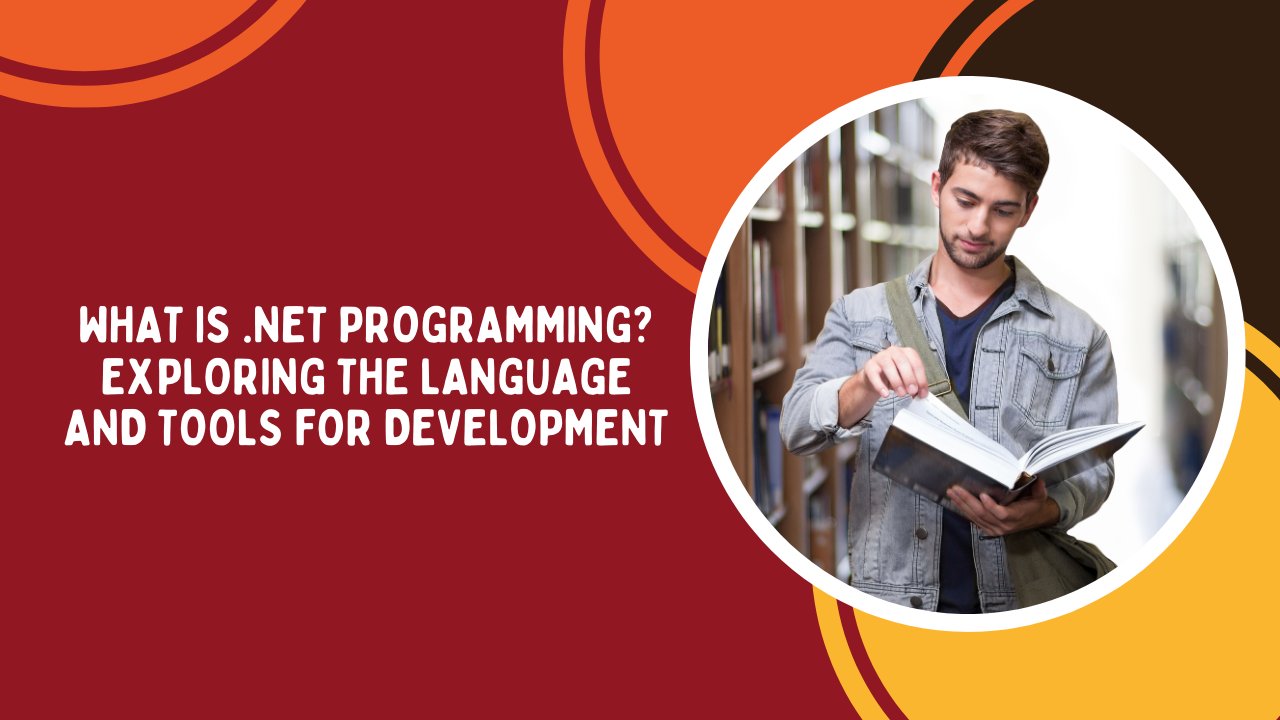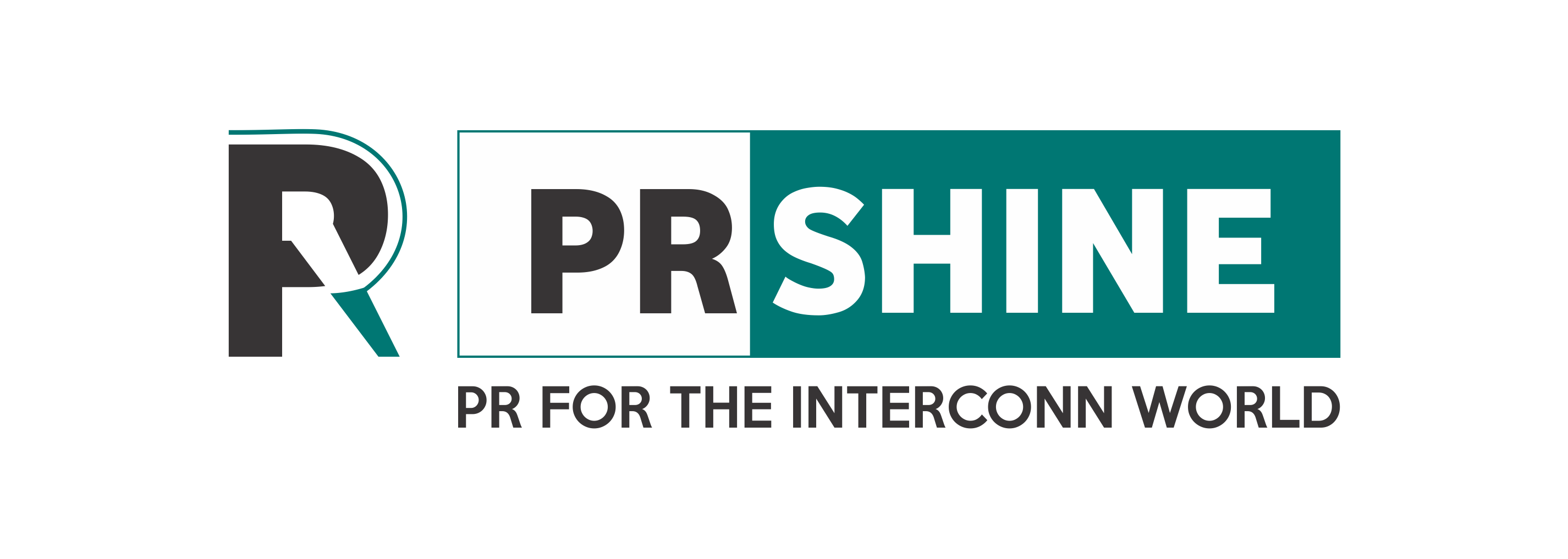What Is .NET Programming? Exploring the Language and Tools for Development
In the vast landscape of software development, .NET programming stands as a versatile and powerful framework, offering a wide range of tools and languages for building robust applications.

In the vast landscape of software development, .NET programming stands as a versatile and powerful framework, offering a wide range of tools and languages for building robust applications. Whether you're a seasoned developer or just starting your journey in programming, understanding what .NET is and its components is essential. Let's delve into the world of .NET programming, explore its language options, tools, and much more.
Introducing .NET Programming
.NET is a free, open-source framework developed by Microsoft for building various types of applications, including web, desktop, mobile, cloud, and IoT (Internet of Things) applications. It provides a unified platform for developers to write code in multiple languages, including C#, F#, and Visual Basic, and run it on different platforms, such as Windows, Linux, and macOS.
Understanding .NET Languages
C#
C# (pronounced as "C sharp") is the most commonly used language in the .NET ecosystem. It is a modern, object-oriented programming language designed for building scalable and maintainable applications. With features like type safety, garbage collection, and LINQ (Language Integrated Query), C# enables developers to write efficient and expressive code for a wide range of applications.
F#
F# is a functional-first programming language in the .NET family, known for its strong support for functional programming paradigms. It combines the power of functional programming with the flexibility of object-oriented programming, making it suitable for complex computation tasks, data manipulation, and parallel programming.
Visual Basic
Visual Basic (VB) is a beginner-friendly language in the .NET ecosystem, offering simplicity and ease of use for rapid application development. While not as widely used as C# or F#, Visual Basic remains a popular choice for building desktop applications, especially in enterprise environments.
Exploring .NET Tools for Development
Visual Studio
Visual Studio is the flagship integrated development environment (IDE) for .NET developers, providing a rich set of tools for writing, debugging, and testing applications. With features like IntelliSense, code refactoring, and built-in version control, Visual Studio streamlines the development workflow and enhances developer productivity.
Visual Studio Code
Visual Studio Code is a lightweight, cross-platform code editor that has gained popularity among .NET developers for its speed, extensibility, and support for various programming languages and frameworks. With a thriving ecosystem of extensions, Visual Studio Code offers a customizable and efficient coding experience for developers working on .NET projects.
.NET Interview Questions
Common Interview Questions
Preparing for a .NET interview? Here are a few .NET interview questions to help you brush up on your skills:
- What is the difference between .NET Framework, .NET Core, and .NET 5?
- Explain the concept of Common Language Runtime (CLR) in .NET.
- What are the advantages of using C# over other programming languages in the .NET ecosystem?
- How do you handle exceptions in C#?
- What is the role of NuGet in .NET development?
Conclusion
In conclusion, .NET programming offers a comprehensive framework and a diverse set of languages and tools for building modern applications. Whether you're developing web applications with C#, exploring functional programming with F#, or building desktop applications with Visual Basic, .NET provides a versatile platform to bring your ideas to life. By understanding the core concepts of .NET programming and mastering its languages and tools, you can unlock endless possibilities for innovation and growth in the world of software development. So, embrace .NET programming and embark on a journey of creativity, collaboration, and continuous learning!


 anupamsr
anupamsr 









